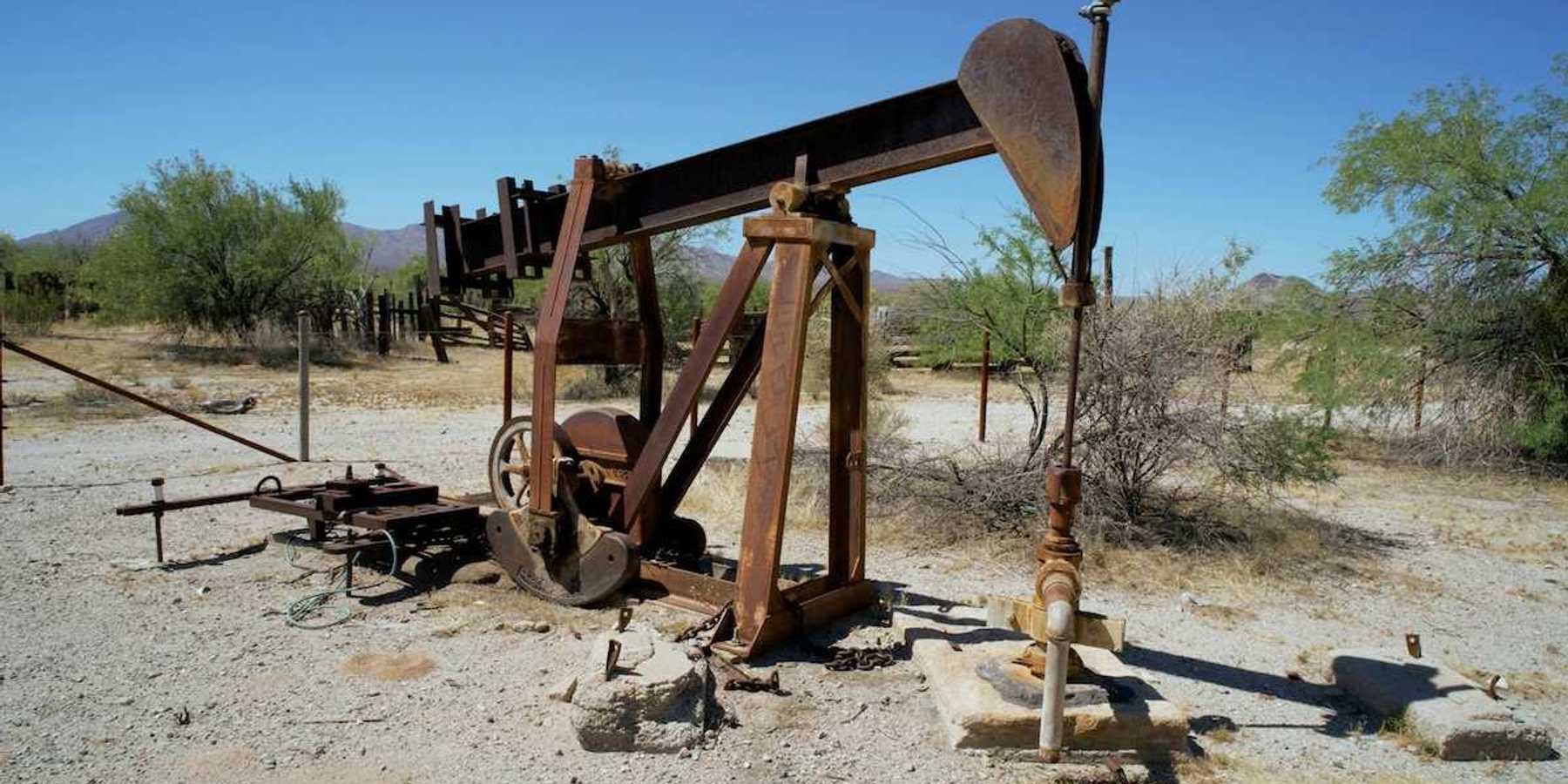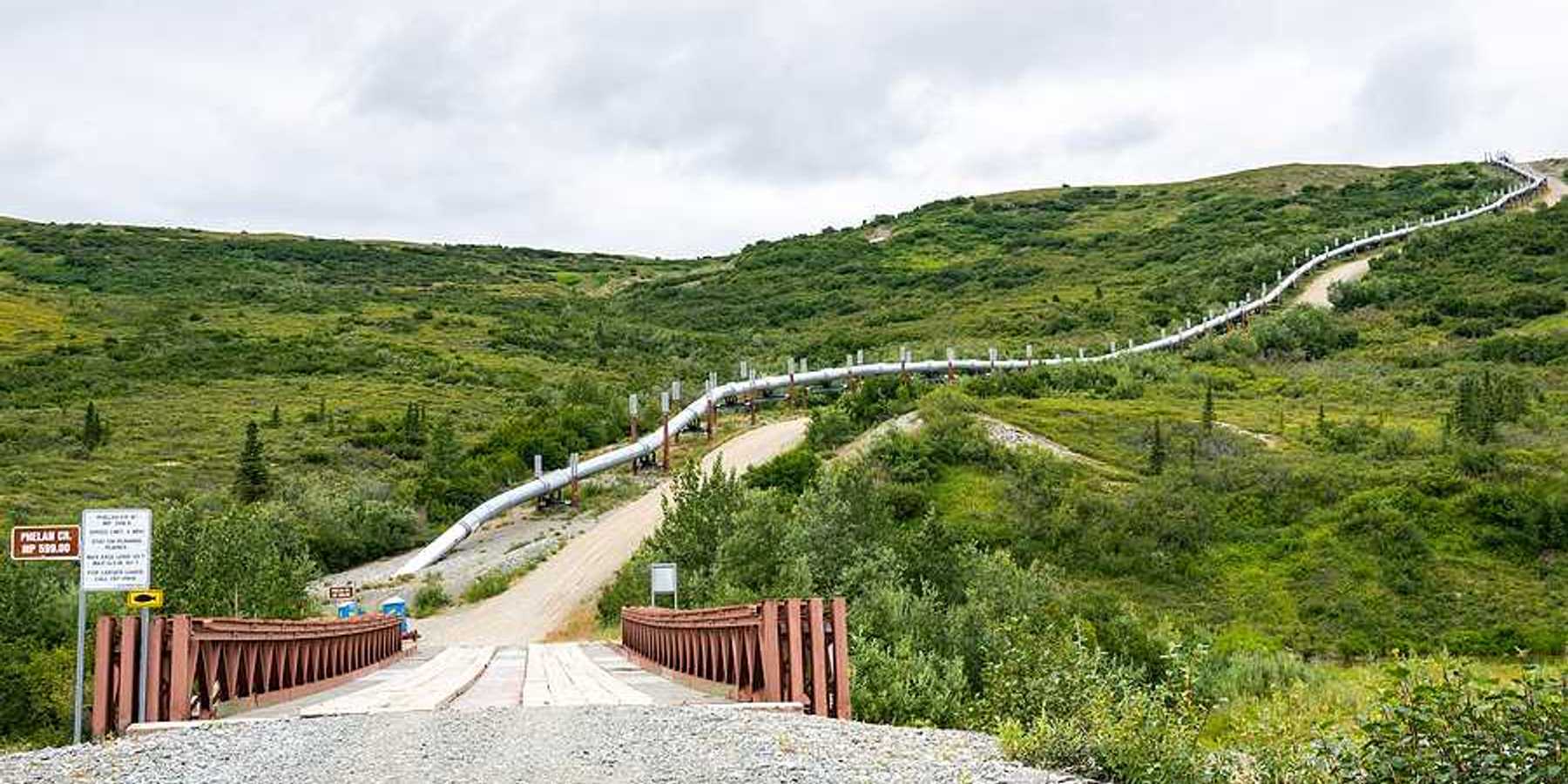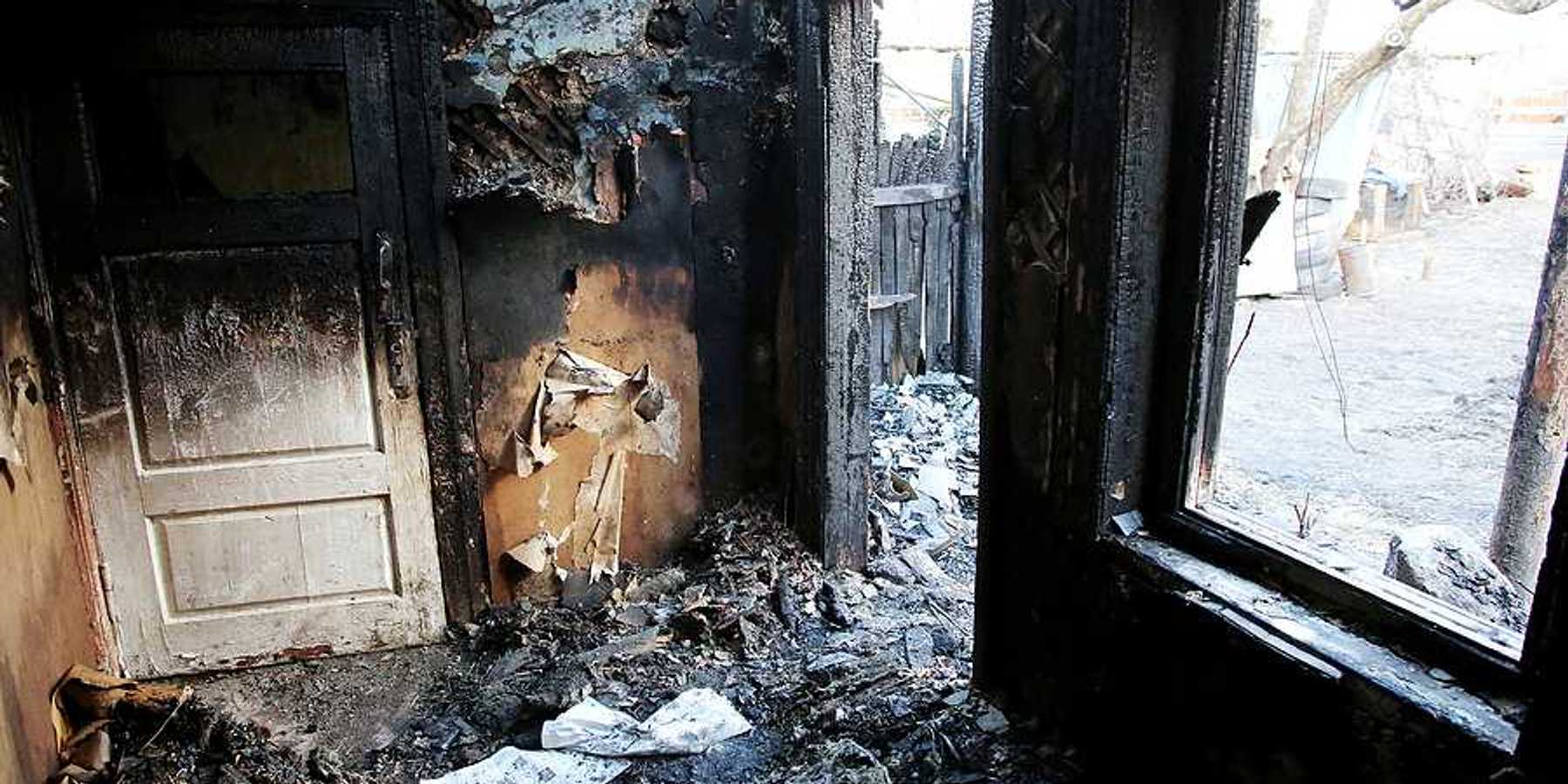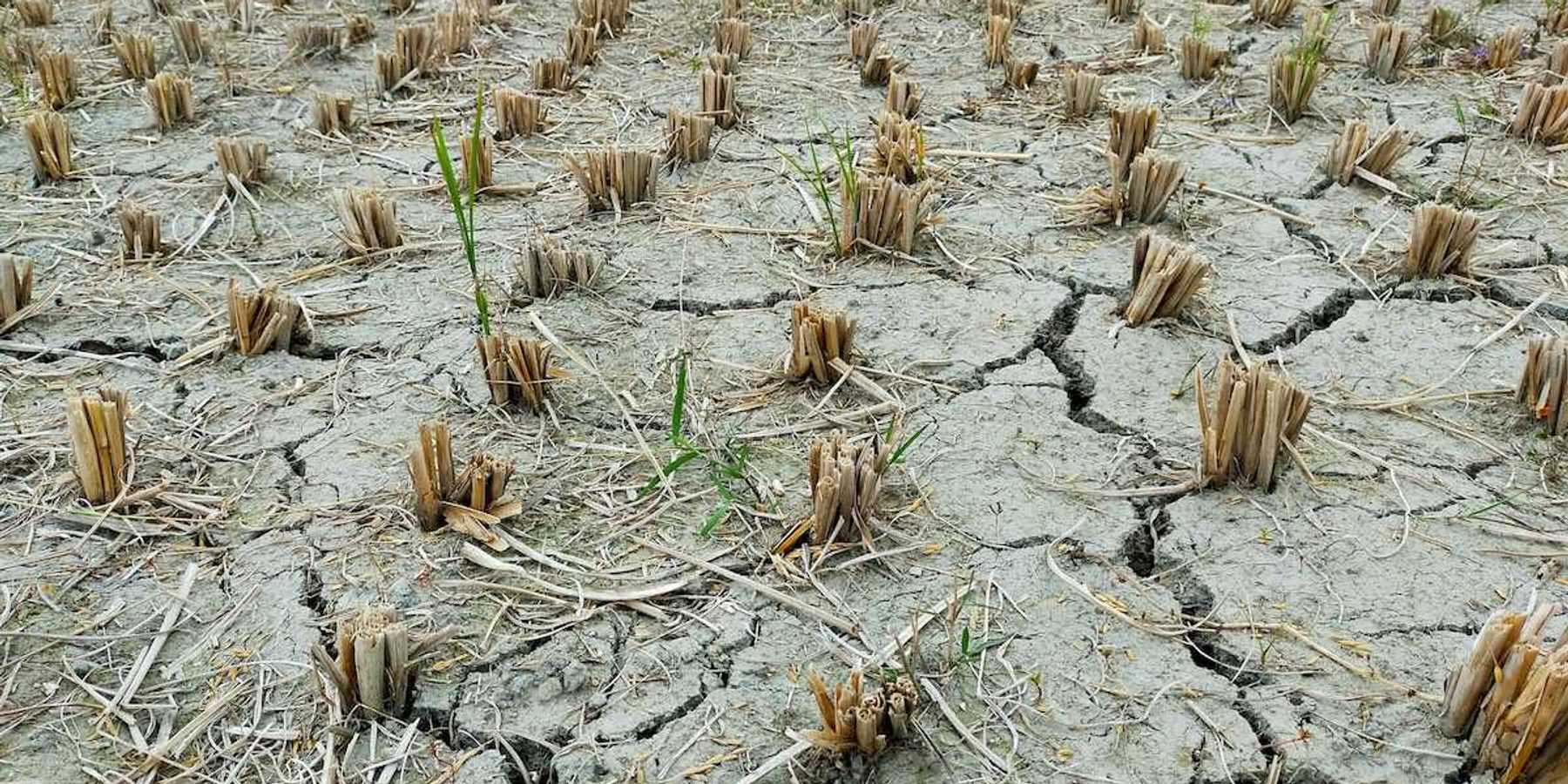California town looks to carbon capture amid oil industry's decline
Kern County explores a novel approach to sustain its economy by leveraging carbon capture technology, shifting from traditional oil revenues.
Jake Bittle reports for Grist.
In short:
- Les Clark III oversees the West Side Recreation and Park District in Taft, heavily funded by the local oil industry, which faces significant decline.
- California Resources Corporation proposes a carbon capture project to rejuvenate local jobs and maintain public services without relying on government bailouts.
- Skepticism remains among local communities about the safety and actual benefits of storing carbon dioxide underground.
Key quote:
"There’s some kind of window of opportunity, because the industry is trying to evolve."
— Les Clark III, manager of the West Side Recreation and Park District in Taft
Why this matters:
Carbon capture and storage technology, which involves capturing carbon dioxide emissions from sources like power plants and industrial processes before they enter the atmosphere and storing them underground, is gaining traction globally as a tool to combat global warming. For Kern County, which produces about 70% of California's oil, this technology could transform the very infrastructure that once bolstered its economy into a new, greener legacy.













